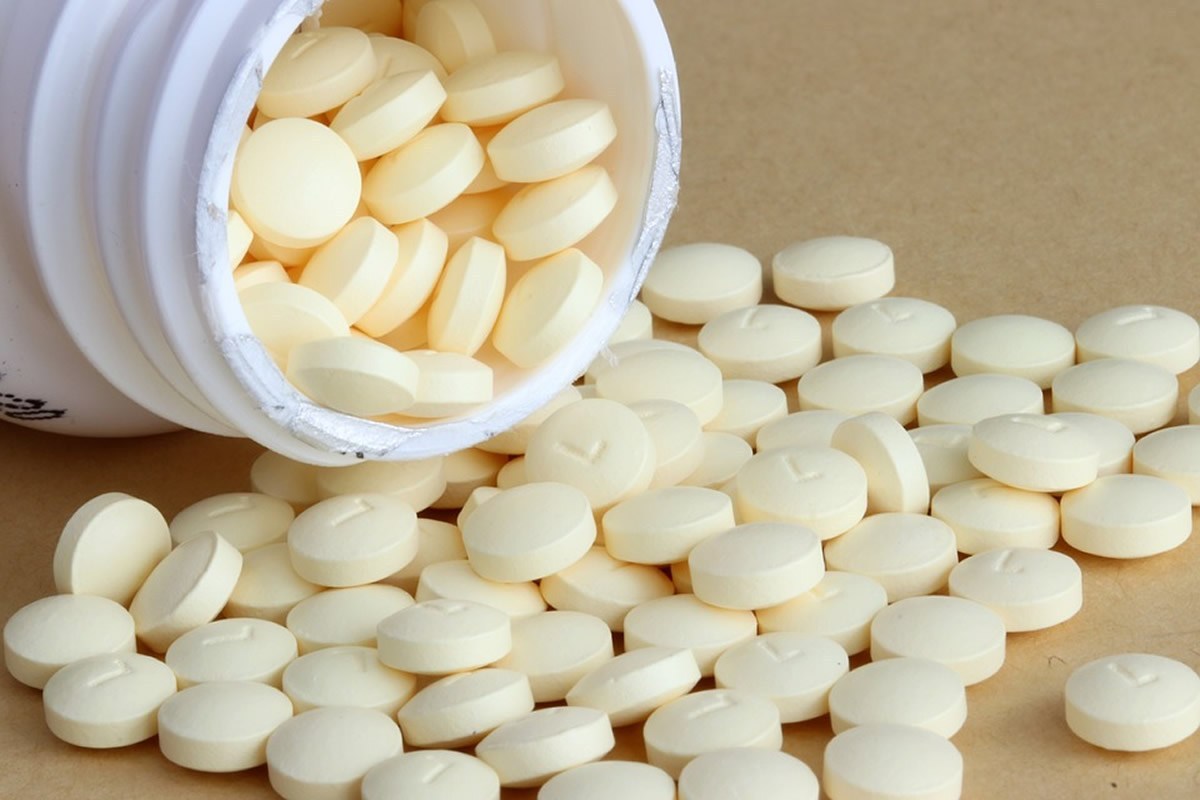Music makes us happy. Listening to music produces dopamine — nature’s happy pill — in the brain. And music also makes us sad. Listening to Harry Chapin’s “Cat’s in the Cradle,” Johnny Cash’s version of “Hurt” or just about anything by Hank Williams produces tears. In fact, music can evoke every emotion known to man. But can music also make us productive? Yes, if it’s the right music, according to Kathleen R. Keeler, a doctoral student, and Jose M. Cortina, Ph.D., a professor in the Virginia Commonwealth University School of…
Read MoreCategory: Brain
Inflamed monkey guts produce Parkinson’s-related proteins
The intestinal linings of monkeys with inflamed bowels show chemical alterations similar to abnormal protein deposits in the brains of Parkinson’s patients, lending support to the idea that inflammation may play a key role in the development of the degenerative neurological disorder. A study published by University of Wisconsin–Madison researchers today in the Journal of Inflammation Research found phosphorylated alpha-synuclein — a modified version of a protein common to nerve cells — in samples from common marmosets kept in a tissue bank at the Wisconsin National Primate Research Center. “It’s not entirely…
Read MoreStatins’ potential to treat MS unrelated to lowering cholesterol
The widely prescribed statin, simvastatin, can medically help patients with secondary progressive Multiple Sclerosis (SPMS) – for reasons that might be unrelated to the drug’s intended cholesterol-lowering effects, a UCL study has found. “Although this study cannot provide a final answer as to what exactly is the reason for the success of statins in progressive MS, it directs future researchers toward certain pathways,” said lead author, Dr Arman Eshaghi (UCL Queen Square Institute of Neurology). “This paves the way to find better drug targets for an incurable disease such as…
Read MoreA cup of Joe and you’re good to go! Under 6 a day and you’re A-OK
Latte, cappuccino or short black, a morning coffee is an essential for many people looking to kick start their day. But while the humble coffee may be a vital feature of the daily grind, how much is too much?. While the pros and cons of drinking coffee have been debated for decades, new research from the University of South Australia reveals that drinking six or more coffees a day can be detrimental to your health, increasing your risk of heart disease by up to 22 per cent. In Australia, one…
Read MoreNew brain tumor imaging technique uses protein found in scorpion venom
A novel imaging technique that uses a synthesized form of scorpion venom to light up brain tumors has shown promise in a clinical trial. The imaging system enables neurosurgeons to better see malignant growths that often are difficult to fully eliminate. Results from the multi-institutional clinical trial, led by investigators from Cedars-Sinai and sponsored by Blaze Bioscience, Inc., appear in the journal Neurosurgery. The new imaging technique that was studied uses a special high-sensitivity near-infrared camera developed at Cedars-Sinai, along with the imaging agent tozuleristide, or BLZ-100, developed by Blaze. The…
Read More




